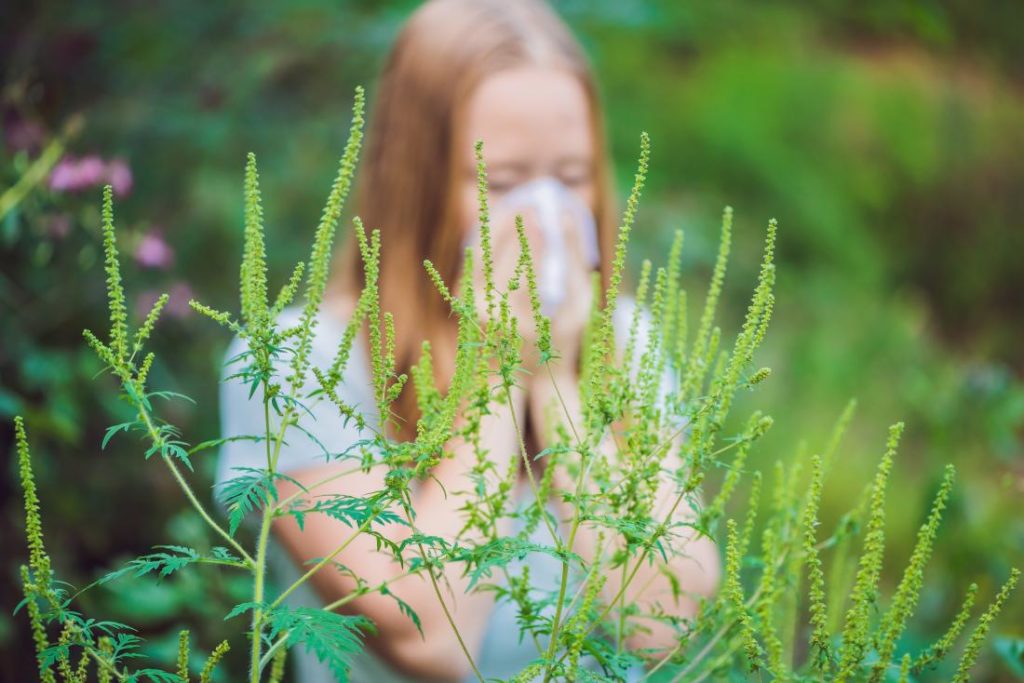South Africans with sensitive sinuses have been warned to beware that there is a North American weed that has been detected in South Africa for the first time. Named ragweed, this pesky plant is native to North America and the discovery of its spores on home soil was made by Dr Dilys Berman.
Berman works as an aerobiologist for the University of Cape Town, and was helped by Professor Johnny Peter, who works for the university’s Lung Institute. Palynologist Dr Frank Neumann, who is an employee of Wits University, has also confirmed the presence of the spores.
“While we haven’t reported sensitisation in SA yet, it is a cause for concern,” said Berman to TimesLIVE. “Increasing amounts of fine-powder ragweed in SA could exacerbate hay fever symptoms and asthma for the estimated 17-million South Africans who suffer from allergies. Given that its highly allergenic, people who normally don’t suffer from pollen allergies may develop a sensitivity to it in the future as the weed proliferates.”
Pollen allergy symptoms most often include:
– nasal congestion
– sinus pressure, which may cause facial pain
– runny nose
– itchy, watery eyes
– scratchy throat
– cough
– swollen, bluish-coloured skin beneath the eyes
– decreased sense of taste or smell
– increased asthmatic reactions
“For now, KwaZulu-Natal residents are most at risk as ragweed pollen has recently been detected at the Durban monitoring site over the past few days,” said Peter. “The counts are relatively low at this stage, but we are monitoring them daily to detect any sudden spikes.”
A small ragweed was found on the banks of a river near Heidelberg, which is located 50km from Johannesburg. For now, the Eastern and Western Capes are ragweed free.
“Based on historical data, ragweed thrives in hot, dry environments and produces more pollen when CO2 levels are high,” he said. “Weed control boards should add it to their invasive weeds list as soon as possible, if they haven’t done so already, and removal thereof should be a priority before it becomes impossible to control. Some studies also suggest ragweed poses a threat to crop health. It drains the soil and oppresses plant growth, so it is definitely a weed that should be monitored carefully.”
Picture: Medical News Today

